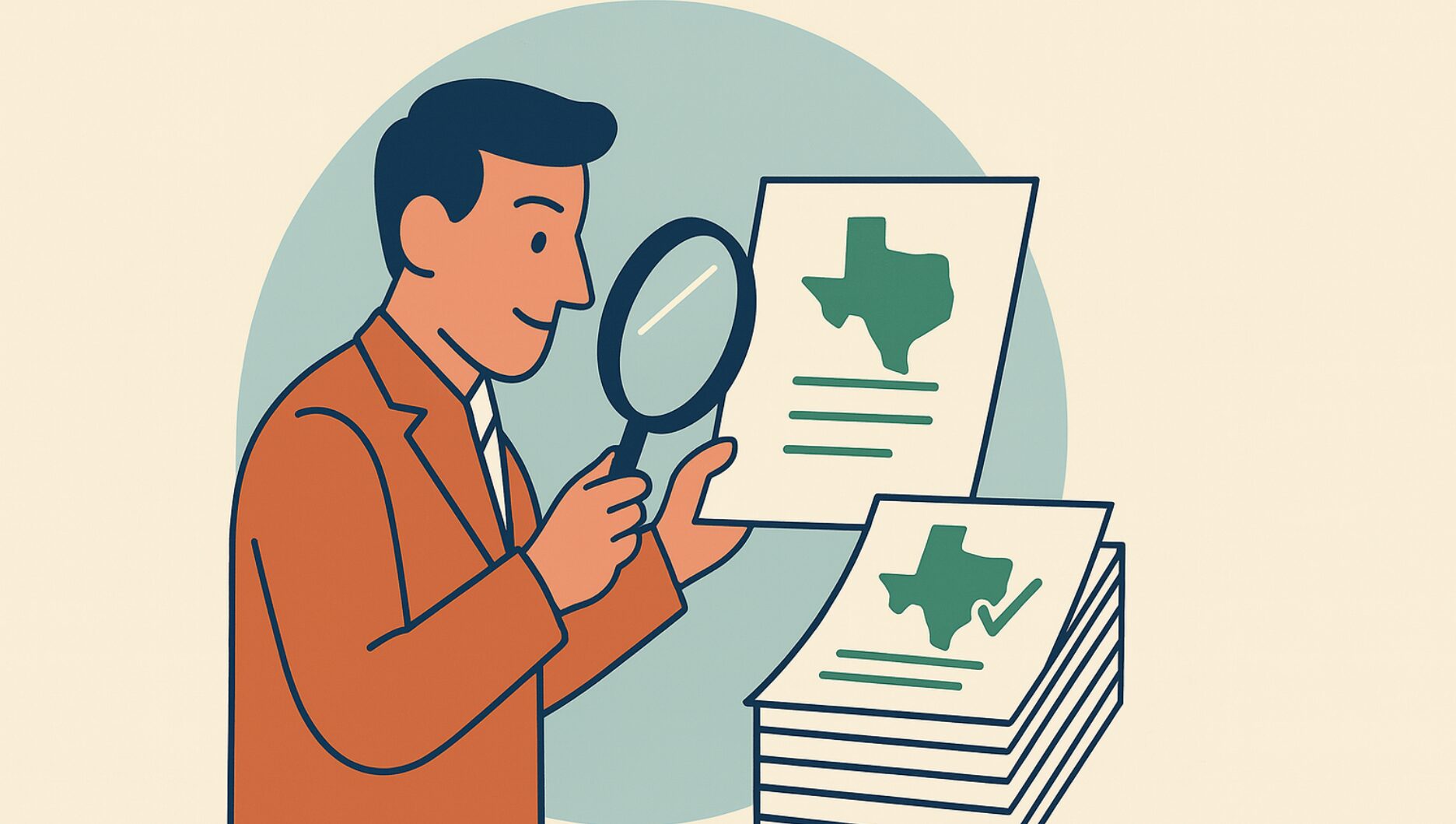Texas elected officials like to point out the economic success the state has found in the last few decades. It is true the state has an economic climate that many businesses and individuals across the world and the United States find attractive. But increasingly, more states are becoming competitive in this arena as they work to cut regulation and lessen tax burdens. When discussing this issue, it is also worth positing that the bar itself is very low, as a majority of states find themselves buried in problems of their own making—something to which Texas is not immune.
Perhaps the biggest stain on the Texas legacy is the use of “economic development” incentives to attract businesses to the state, as not only does it allow the government to pick winners and losers in what is supposed to be a market system, but it also collectively burdens individual taxpayers when those same burdens are at record levels and the everyday cost of living increases due to things like record inflation.
What is Corporate Welfare?
Generally speaking, corporate welfare is government support or subsidy of private business, such as through tax incentives. Texans for Fiscal Responsibility likes to define it as the government choosing which businesses succeed and fail, antithetical to a free-market system.
Texas has had a sordid history when it comes to corporate welfare, imposing a litany of programs at the expense of taxpayers. A non-exhaustive list includes things like the largest corporate welfare program in the state (the Chapter 313 tax abatement program), but also things like the Texas Enterprise Fund, Texas Film Commission, Event Trusts Funds, Texas Moving Image Industry Incentive Program, the Economic Development Bank, Texas Enterprise Zone Program, Texas Leverage Fund, and many more.
All of them have received varying degrees of criticism since their inception.
Brief History
From when the state of Texas was founded to 1987, gifts to private entities using taxpayer money was not allowed in the state. In 1987, the 70th Texas Legislature passed House Joint Resolution 5, which was later narrowly approved by Texas voters on the November ballot (51.65% in favor, 48.25% in opposition). This constitutional amendment authorized the state Legislature to create programs under the guise of economic development to make loans and grants, using taxpayer money.
In 2001, the 77th Texas Legislature passed the Texas Economic Development Act, authored by Republican State Rep. Kim Brimer (Fort Worth). The legislation allowed school districts in Texas to negotiate limitations on appraised values of property for the maintenance and operations (M &O) portion of the levied property tax for qualifying manufacturing and research and development companies.
In 2013, the 83rd Legislature extended and expanded the Texas Economic Development Act by passing legislation authored by Republican State Rep. Harvey Hilderbran (Kerrville).
In 2021, the 87th Legislature ultimately chose not to extend the Chapter 313 program. Though legislation seeking to do so for two years passed the Texas House of Representatives and the Senate Natural Resources and Economic Development Committee, it was never considered by the overall Senate, leaving the program to expire on December 31, 2022. Similarly, legislation seeking to extend the program by an additional 10 years failed to pass the Texas House altogether.
Current Status of “Chapter 313s”
As of June 2022, there were 633 active agreements. Of those, 216 (one-third) were categorized as manufacturing, and 416 (two-thirds) were categorized as renewable energy electric generation.
In a normal year, it is rare that more than 90 applications are made across the state. In the first six months of 2022 alone, more than 400 applications were filed, as it assumed more companies were attempting to take advantage of the program before its end.
In theory, if these applications were ultimately accepted, it could collectively cost taxpayers an additional $5-10 billion per year.
Bipartisan Opposition
Both the Republican Party of Texas and the Texas Democratic Party are opposed to corporate welfare, albeit for likely different reasons.
The Texas GOP Platform states:
“Plank 94: Property Tax Abatements: We support repealing Tax Code Chapter 312 county and municipal property tax abatements, and we oppose reintroducing school property tax abatements, formerly known as Chapter 313.”
The Texas Democratic Party Platform states:
“Eliminate tax loopholes and unproductive special breaks to simplify the tax system and provide revenue for essential services.”
That same platform continues:
“Prohibit ‘corporate welfare’ incentives that pit states and communities against each other.”
This bipartisan opposition also played out when legislation seeking to extend the Chapter 313 program by an additional 10 years in the 87th Legislative Session was ultimately killed by amendment efforts made by both Republican and Democrat state lawmakers, causing the author to delay the bill beyond the legislative session, procedurally ending its prospects.
Upcoming Legislative Session
Republican elected leadership in the Texas House of Representatives has already expressed interest in introducing a similar program when the Texas Legislature convenes in January of 2023.
With bipartisan opposition and Texas taxpayers themselves being against such practices, if lawmakers do reinstitute a similar incentive, taxpayers should ask whose interests they prioritize—those of business or those of the individual taxpayer?




